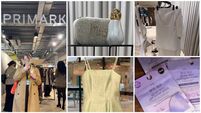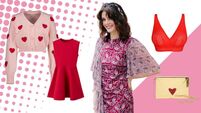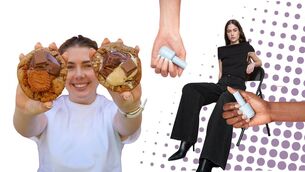Skin watch - Tyra Banks

Skipping sun protection? Today is the day to stop! UV radiation is by far the greatest skin-ager and is present every day, rain or shine. Daily application of SPF30 or higher gives other skincare the opportunity to work, gives existent damage a chance to heal and helps prevent cancer. Quitting smoking, eating properly and breaking other bad skin habits can be very difficult. This simple step genuinely delays ageing and helps keeps skin healthy.










